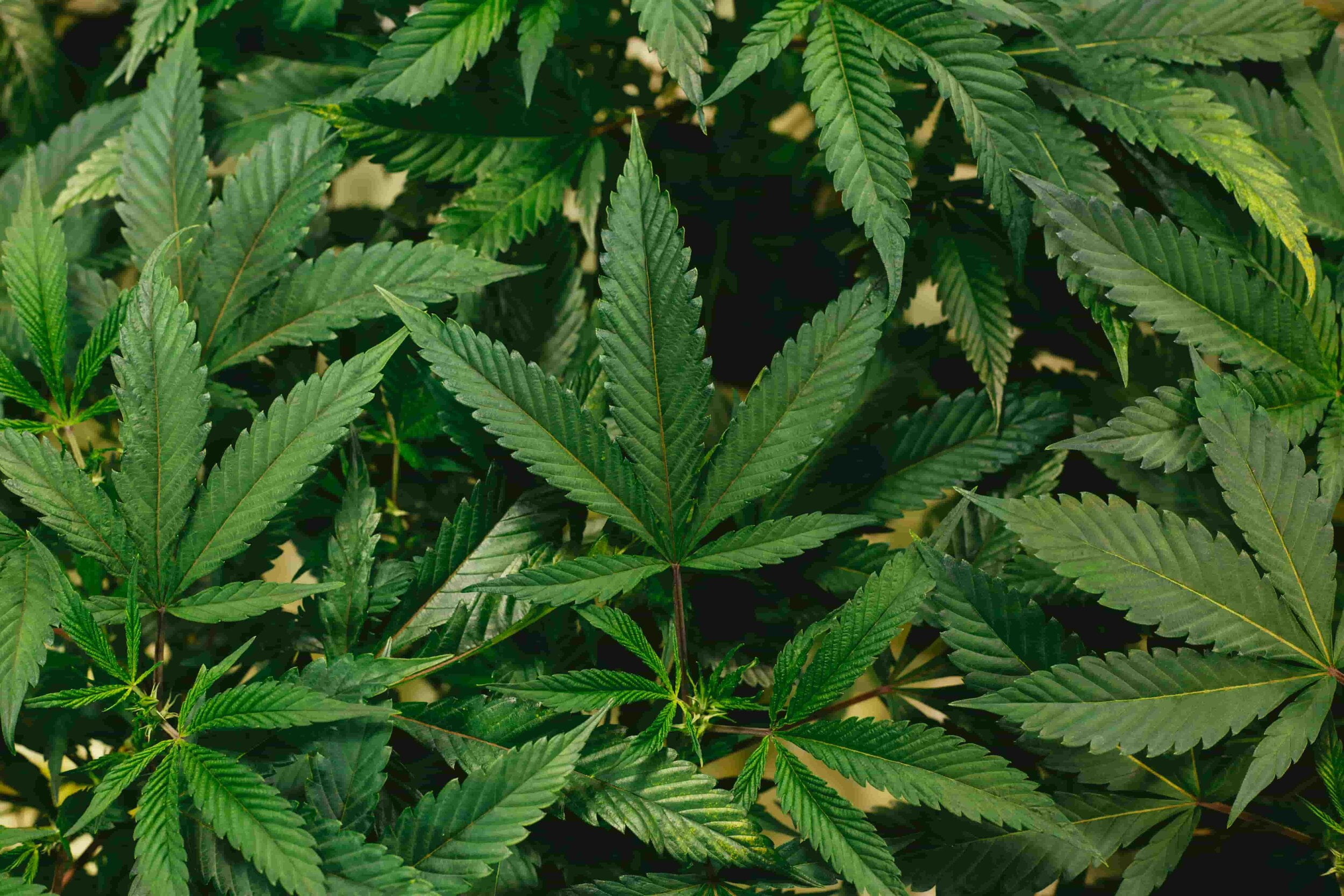Canada and the U.S. are close neighbors with intertwined histories, but Canadians often see themselves in a very different light. While Americans might boast about their global influence, Canadians quietly take pride in more understated, yet meaningful, accomplishments. From healthcare to humility, Canadians have more than a few reasons to feel like they’re doing things just a bit better. Here are 25 reasons Canadians feel superior to Americans.
Universal Healthcare

Canadians proudly embrace their publicly funded healthcare system as a fundamental right, not a privilege. While not perfect, it ensures access to essential medical care without the fear of crippling debt. This model contrasts sharply with the U.S., where insurance gaps can lead to delayed treatment or financial ruin. For Canadians, knowing no one is turned away due to income reinforces a deep sense of fairness and compassion.
Lower Gun Violence

Canada’s approach to gun control is far stricter, and it shows in dramatically lower rates of gun violence. Mass shootings are rare, and firearm ownership requires rigorous screening and regulation. This fosters a sense of safety in schools, public spaces, and urban centers. Canadians often view the U.S. gun culture with alarm, grateful their country prioritizes public safety over unfettered access to weapons.
Politeness and Civility
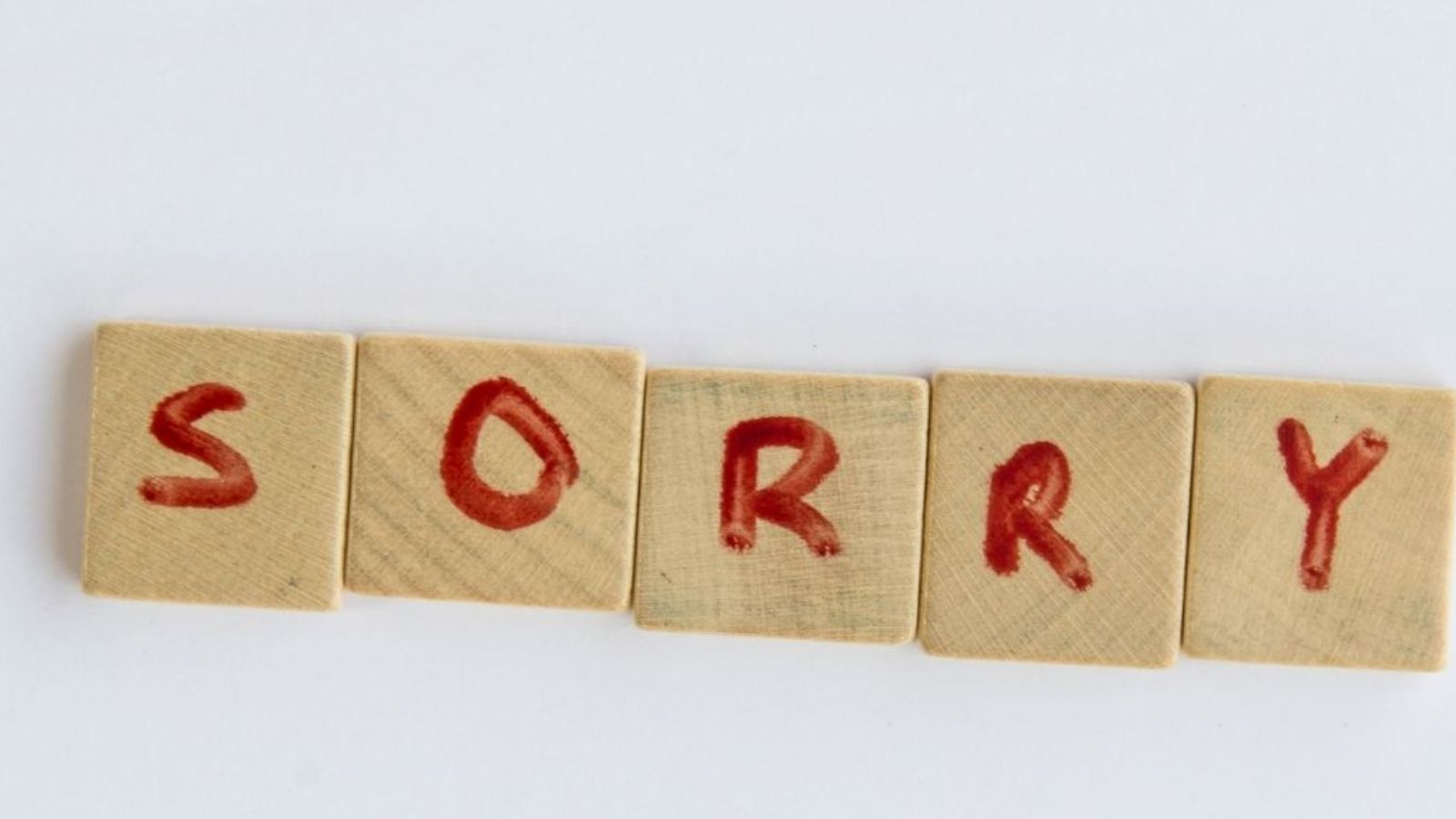
The stereotype of Canadians being polite isn’t just a myth, it’s part of the national identity. While Americans can be bold and brash, Canadians tend to value humility, courtesy, and moderation in conversation. A simple “sorry” goes a long way in Canadian society, even in situations where no one’s at fault. It’s not weakness, it’s a social strength rooted in empathy and mutual respect.
Fewer Political Extremes

Canada’s political landscape is far less polarized than its southern neighbor’s. While Canadians certainly disagree, the country lacks the deep, often hostile divisions that characterize American politics. Multi-party representation and a parliamentary system contribute to more balanced debates and broader coalitions. Canadians are often relieved that their elections, though imperfect, are generally calm and orderly by comparison.
Cleaner Cities

From Vancouver to Halifax, Canadian cities consistently rank higher on global livability and cleanliness indexes. Public waste management, recycling programs, and an environmental mindset contribute to tidier streets and greener urban planning. While not without flaws, the emphasis on sustainability and public upkeep is noticeable, with visitors often remarking on how walkable and fresh Canadian cities feel.
Better Work-Life Balance
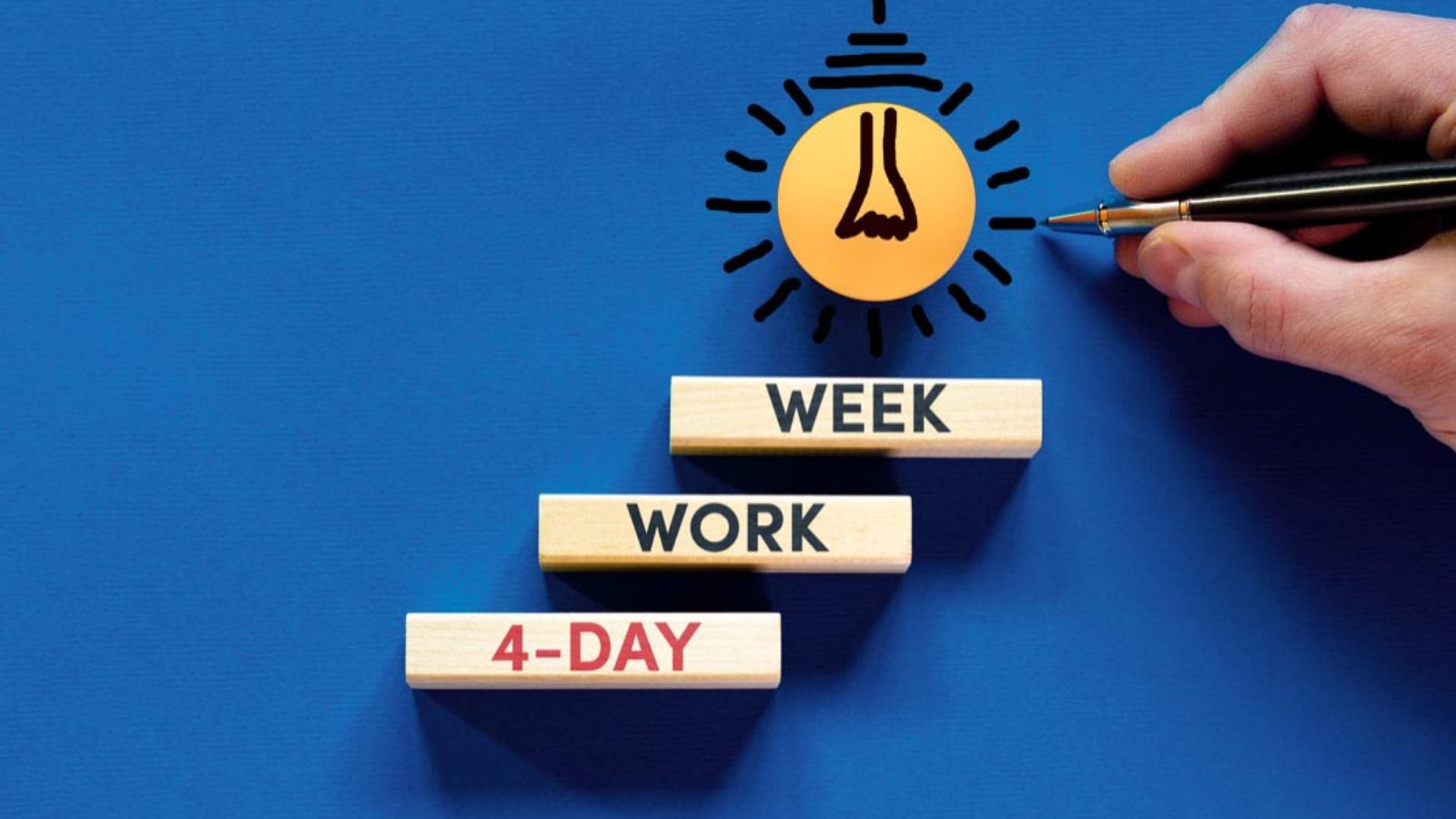
Canadians generally work fewer hours and receive more vacation time compared to their American counterparts. With statutory holidays, paid maternity leave, and vacation laws in place, Canadians are encouraged to prioritize health and family life. The pace is often slower, and the quality of life higher as a result. While Americans admire hustle, Canadians celebrate balance, and often live longer, happier lives because of it.
Affordable Education
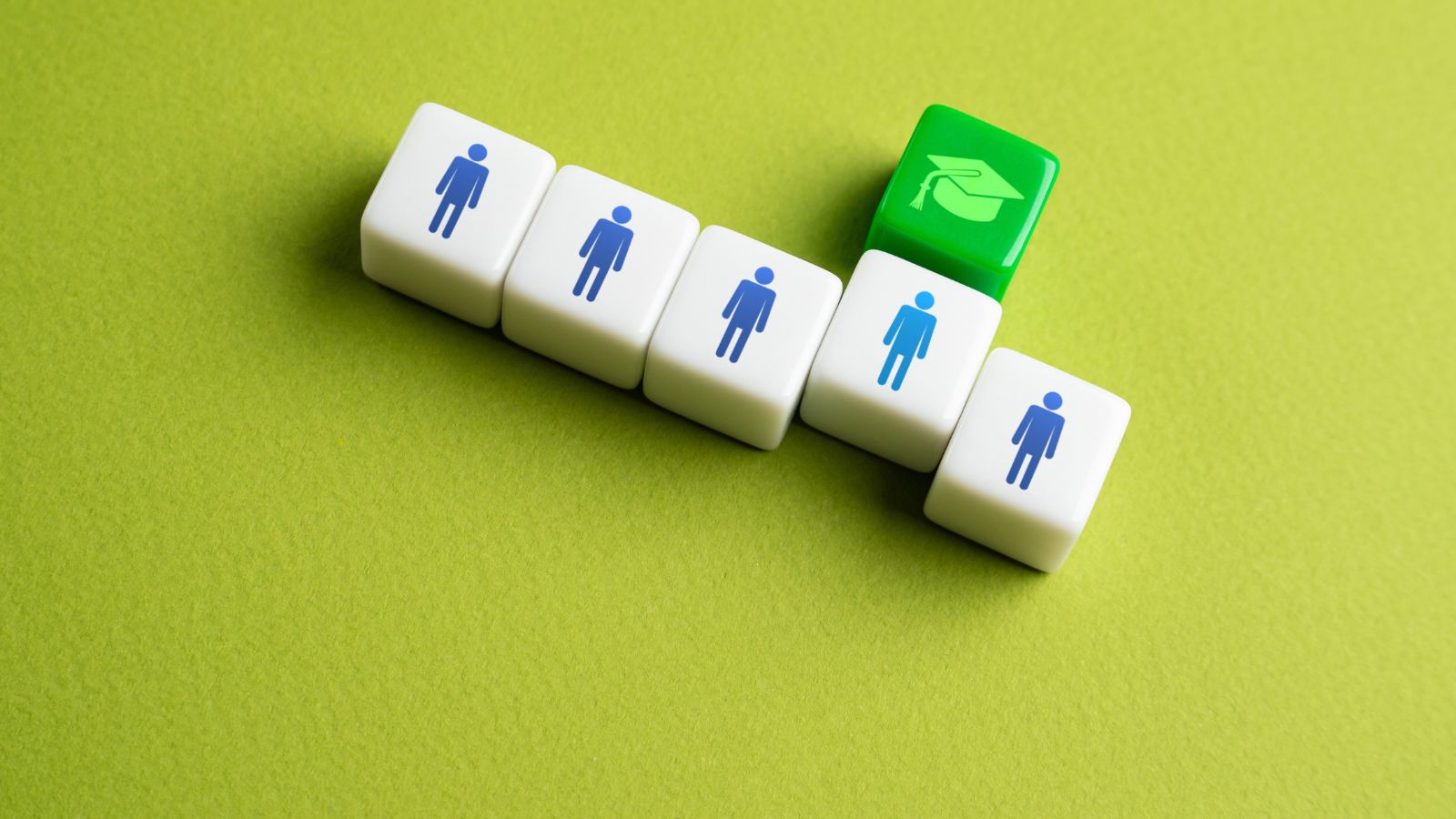
Post-secondary education in Canada is significantly more affordable, even for international students. Public funding keeps tuition in check, and student loan interest is often lower or government-subsidized. While Canadian students still face debt, it pales in comparison to the crushing burdens common in the U.S. This access to education fuels social mobility and supports a more informed, skilled population.
Public Broadcasting with Purpose
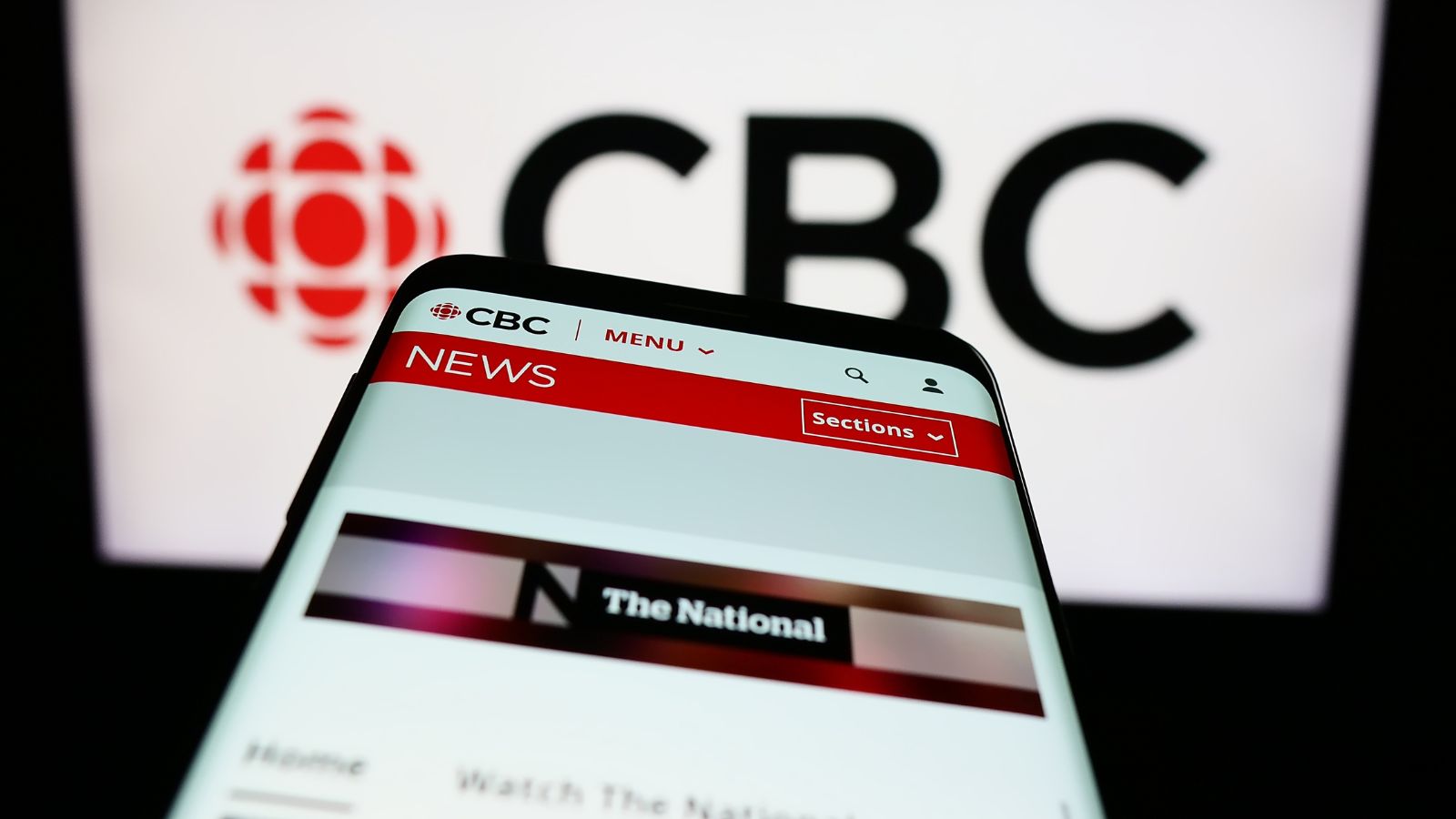
The CBC (Canadian Broadcasting Corporation) may not have the flash of commercial American networks, but it delivers serious, unbiased content to Canadians coast to coast. From Indigenous reporting to deep-dive documentaries, the CBC offers news with context rather than clickbait. Canadians take pride in their public media’s integrity and cultural reflection.
No Death Penalty

Canada abolished the death penalty decades ago and hasn’t looked back. Most Canadians believe justice should be about rehabilitation, not revenge, and view capital punishment as outdated and unethical. The absence of state-sanctioned executions reflects a broader cultural commitment to human rights, instilling a moral stance that resonates deeply in the national psyche.
More Peacekeepers, Fewer Invaders

Canada has long favored diplomacy and peacekeeping over military aggression. While it maintains a capable military, the country’s international reputation is largely built on humanitarian missions and multilateral cooperation. Canadians see this as a point of pride: being a helper, not a conqueror, showing a quieter strength, rooted in global respect rather than force.
Less Obsession with Fame and Celebrity

While Canadians certainly enjoy entertainment, there’s less cultural worship of celebrities compared to the U.S. Fame is met with politeness, not hysteria, and Canadian stars often prefer to stay low-key. This grounded attitude extends to sports, politics, and public life. Canadians value achievement, but they rarely put people on impossible pedestals.
Metric System

Canada’s embrace of the metric system aligns with the global standard, making measurements consistent and practical in science, trade, and education. Meanwhile, Americans still fumble with Fahrenheit, miles, and gallons, much to the world’s confusion. Canadians often shake their heads at the U.S.’ refusal to modernize as it’s one small way Canada quietly feels more globally connected.
Stronger Banking Regulations

During the 2008 financial crisis, Canada’s banking system emerged as one of the most stable in the world. Thanks to conservative regulation and oversight, Canadian banks remained solvent while U.S. institutions collapsed. This prudence translates into consumer trust and economic resilience as Canadians can sleep a little easier knowing their financial systems are less prone to chaos.
Multiculturalism as a Policy, Not a Slogan
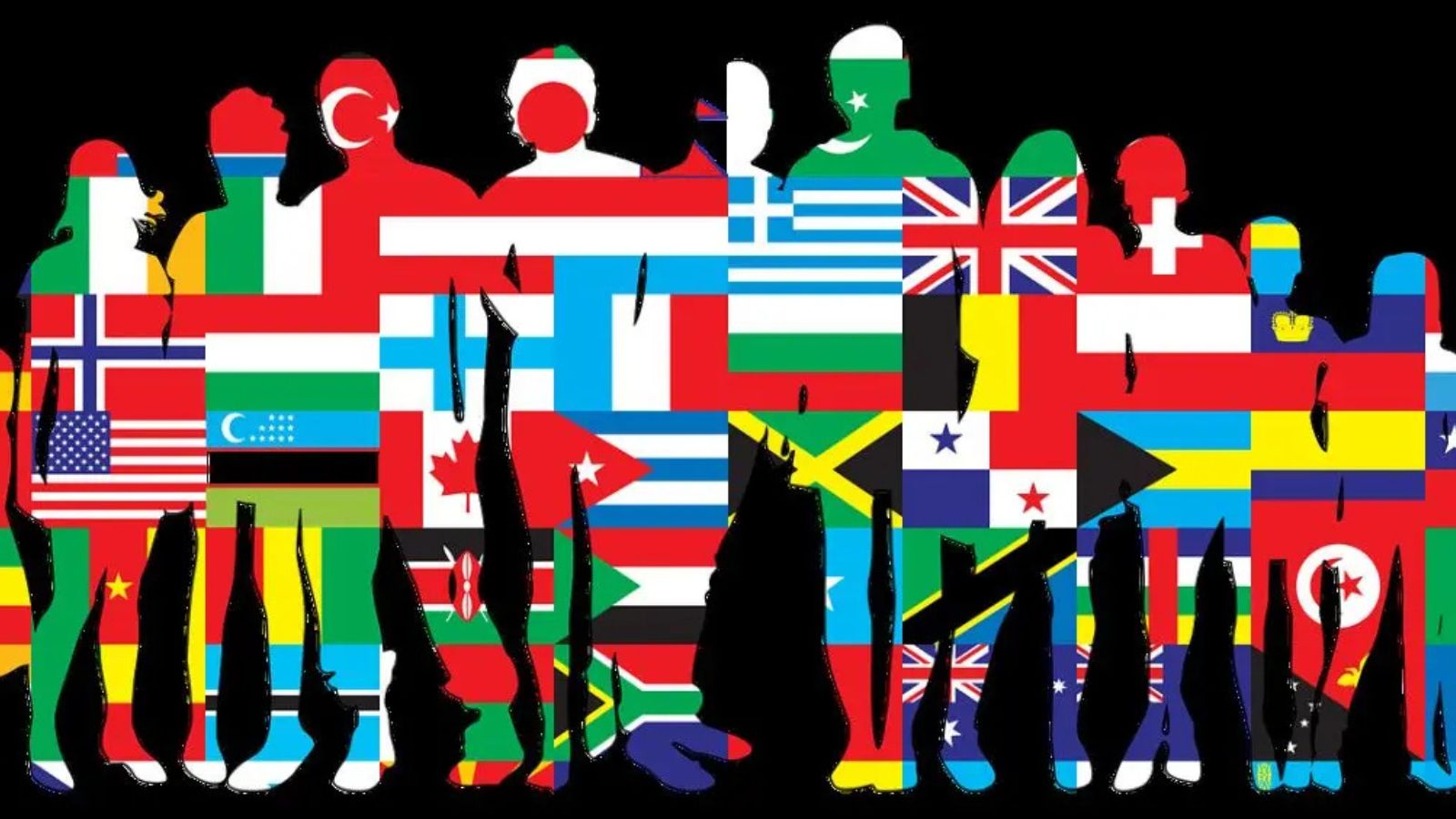
Canada doesn’t just celebrate diversity, it institutionalizes it. Multiculturalism is embedded in the national identity, reflected in policies, holidays, and public discourse. Immigrants are seen not as threats but as vital contributors to society. Canadians are proud of their inclusive, pluralistic culture and often view American rhetoric around immigration with concern.
Bilingualism
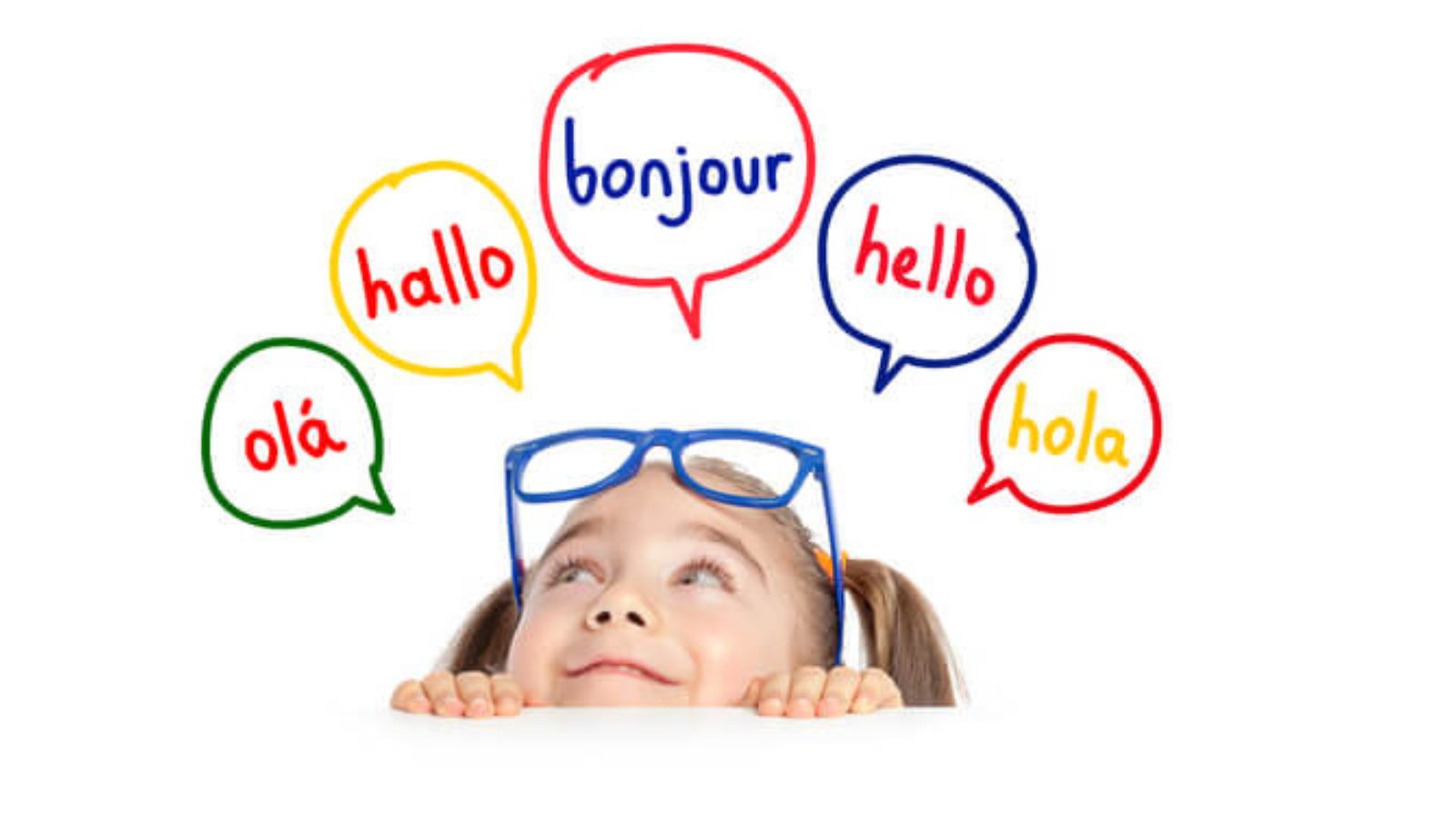
French and English are both official languages in Canada, giving rise to a more linguistically and culturally aware society. This dual identity encourages respect for diversity and supports global communication skills. Americans, on the other hand, are often criticized for being monolingual and globally inward, with bilingualism just another way Canadians feel more connected, and cultured.
Lower Incarceration Rates
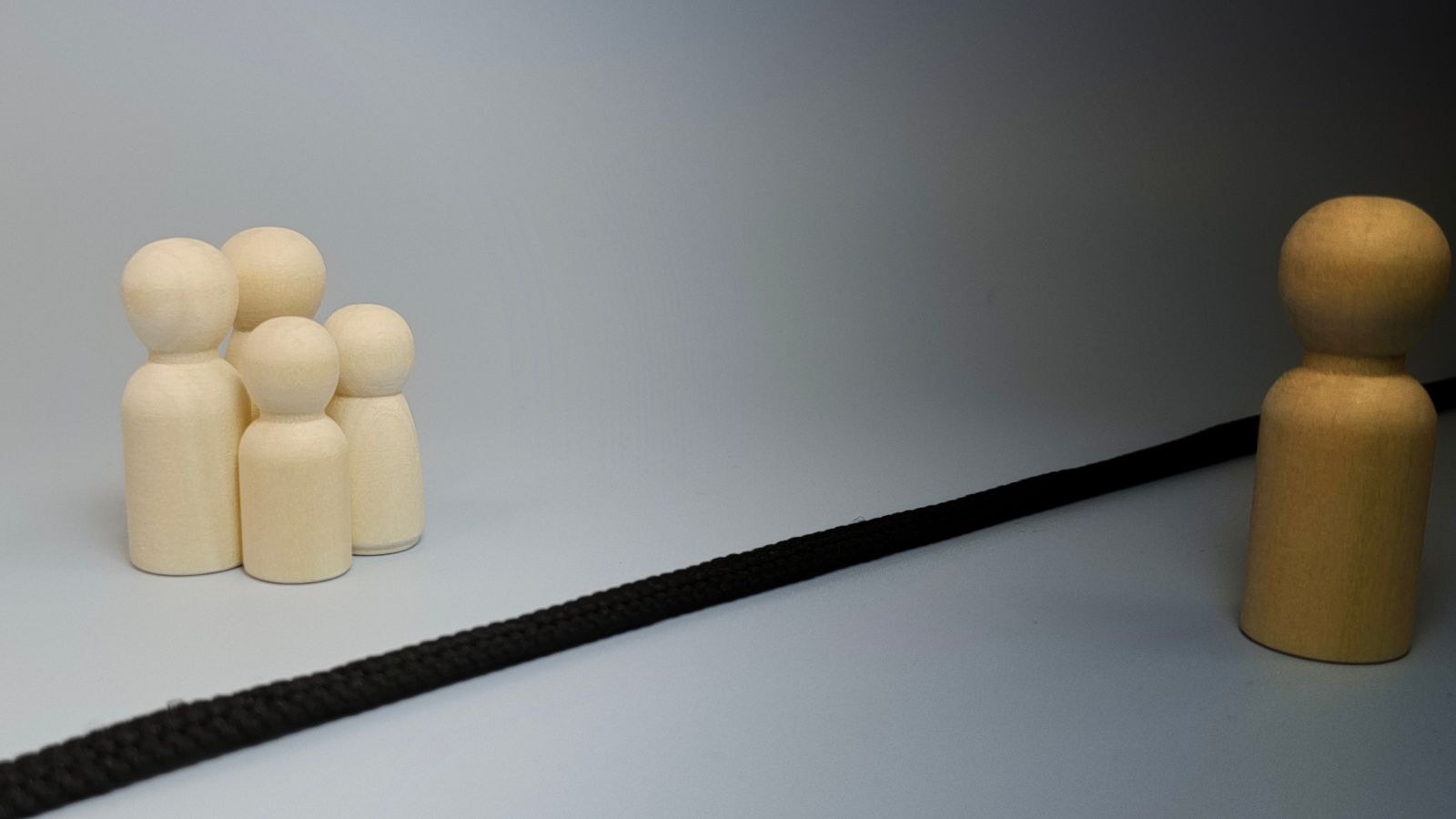
Canada has a significantly lower incarceration rate than the U.S., thanks to more progressive sentencing and a focus on rehabilitation. The prison system is smaller, more humane, and less influenced by privatization. Canadians see this as a reflection of a more compassionate and sensible justice system as it’s about fixing, not punishing.
Better Infrastructure Maintenance

While not perfect, Canadian roads, bridges, and public transit are generally in better shape than in many parts of the U.S. Investments in public infrastructure, even in rural areas, remain consistent and publicly funded. Canadians are used to clean trains, orderly bus routes, and functioning roadways, serving as an everyday reminder that government can, in fact, work.
Legal Cannabis, Done Right
Canada legalized recreational cannabis nationwide in 2018, creating a regulated and taxed industry that prioritizes safety and education. The rollout has been far more organized than the patchwork state-level approach seen in the U.S. Canadians can buy cannabis without fear of legal trouble or inconsistent enforcement, representing a modern approach to policy that reflects trust in public responsibility.
Less Religious Influence in Politics
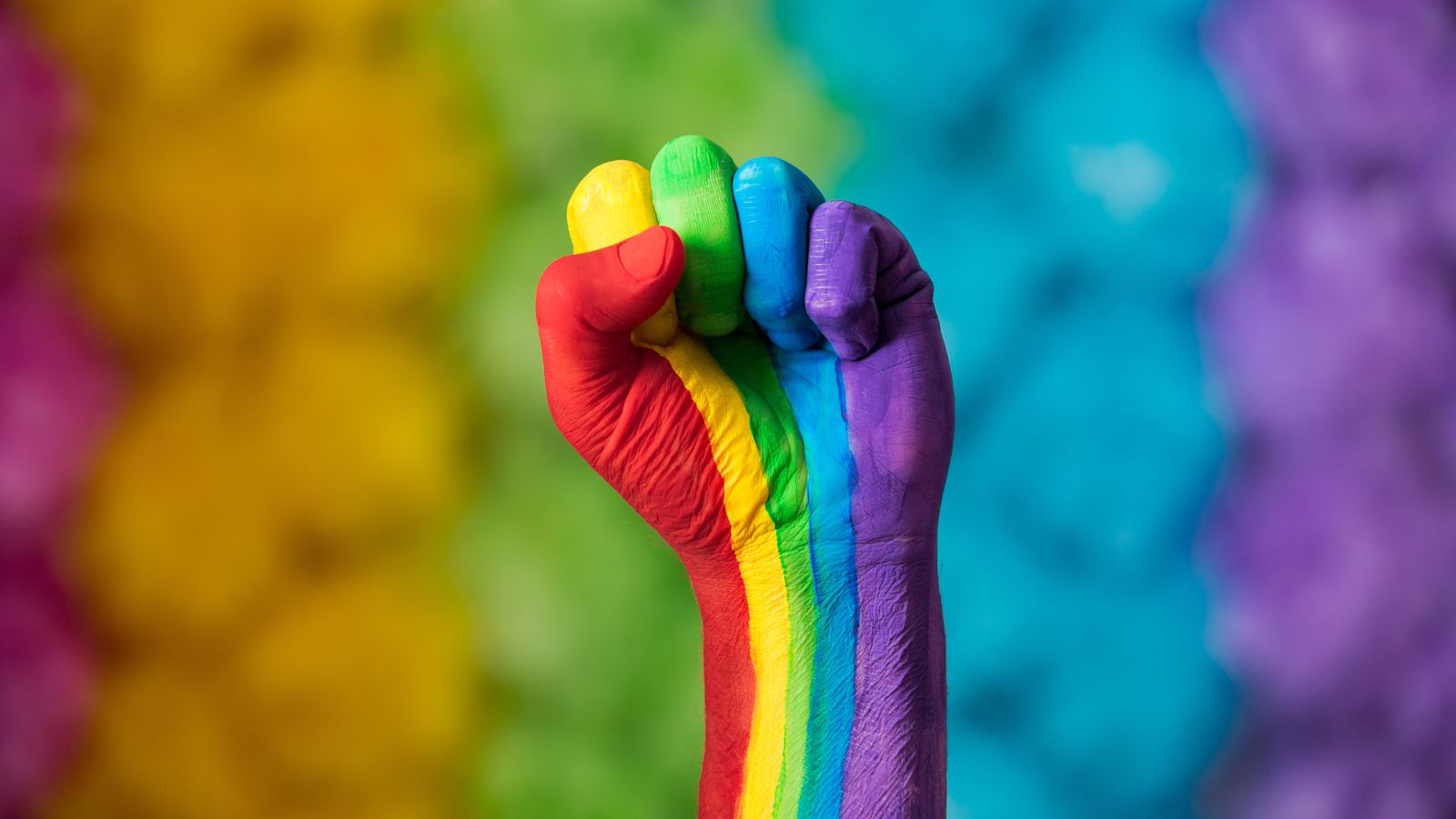
While Canada is home to many faiths, religion plays a much smaller role in policymaking and public debate than in the U.S. Abortion, LGBTQ+ rights, and science-based education are broadly supported across party lines. Canadians value personal faith but resist its intrusion into government, resulting is a more secular, inclusive governance.
More Humility

Canadians are known for their modesty, often downplaying achievements in favor of collective success. While Americans may lean into individualism and self-promotion, Canadians tend to uplift community and collaboration. This humility is reflected in national heroes, political leaders, and even Olympic celebrations, which is a refreshing alternative in a loud, boastful world.
More Trust in Science

Canadians generally place greater trust in scientists, public health officials, and evidence-based policy. From climate change to vaccines, public discourse is more grounded in fact and less politicized. While skepticism exists, it doesn’t dominate the conversation the way it can in the U.S as Canadians take comfort in being guided by knowledge rather than ideology.
Public Transit that Works
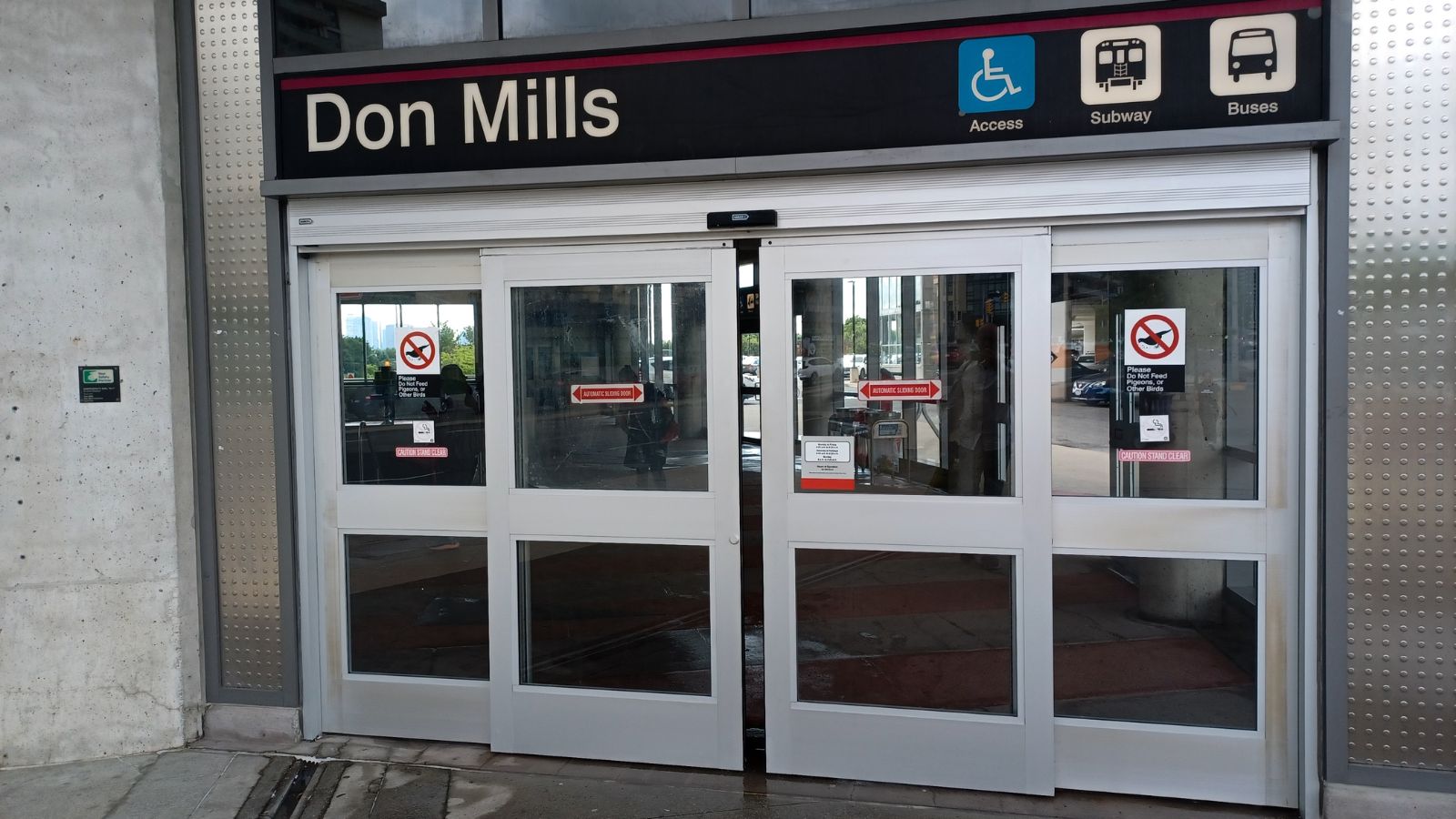
Although not perfect, public transit in major Canadian cities is better integrated and more affordable than in many comparable U.S. cities. From Toronto’s subway to Vancouver’s SkyTrain, urban mobility is seen as a public good. Canadians often rely on transit without stigma or frustration as it’s efficient, clean, and subsidized.
Strong Public Institutions

From Elections Canada to public libraries and health authorities, Canadian institutions are generally well-respected and trustworthy. These systems function with transparency and are less prone to partisan capture than in the U.S. Canadians may grumble about bureaucracy, but they recognize that these institutions keep society fair and stable, displaying a quiet but powerful form of national pride.
Global Reputation for Kindness

Canada’s global image is one of peace, politeness, and fairness, a reputation that consistently ranks high in international surveys. Canadians are welcomed warmly abroad and rarely carry the baggage that sometimes follows American tourists. This soft power enhances travel, diplomacy, and global influence, meaning it’s not flashy but deeply respected.
Maple Syrup (and Other Real Food)

Canadians know their maple syrup is the real deal, and that extends to other food practices, too. With fewer preservatives and more regulations, Canadian grocery stores often offer better-quality ingredients than their American counterparts. Local, seasonal food is more valued, and fast food isn’t quite as dominant and, as eating well is part of living well, Canadians quietly savor that difference.
21 Products Canadians Should Stockpile Before Tariffs Hit

If trade tensions escalate between Canada and the U.S., everyday essentials can suddenly disappear or skyrocket in price. Products like pantry basics and tech must-haves that depend on are deeply tied to cross-border supply chains and are likely to face various kinds of disruptions
21 Products Canadians Should Stockpile Before Tariffs Hit

